How long most people would look at the best book before they would give the price of a large turbot for it?
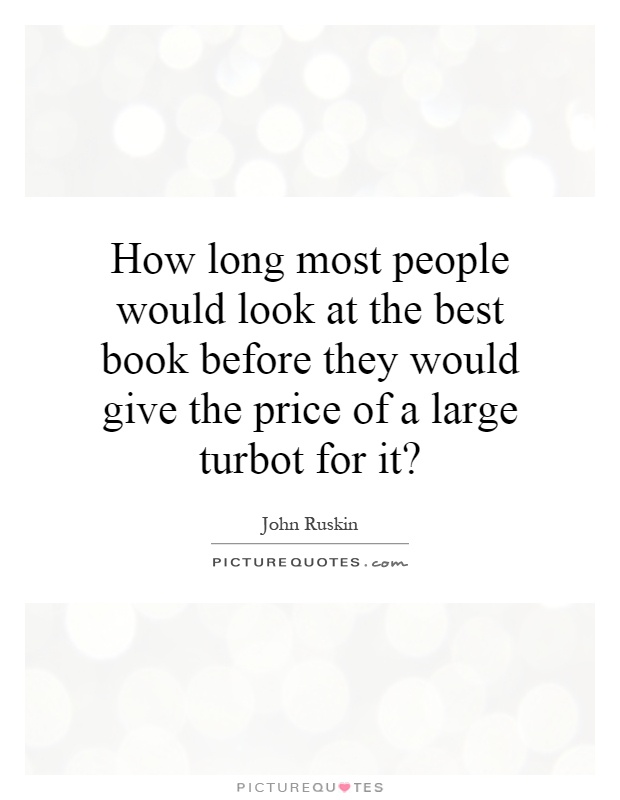
How long most people would look at the best book before they would give the price of a large turbot for it?
John Ruskin, a renowned art critic and social thinker of the 19th century, once posed the question, “How long most people would look at the best book before they would give the price of a large turbot for it?” This thought-provoking query speaks to the value that society places on literature and knowledge, as well as the tendency for material possessions to overshadow intellectual pursuits.In Ruskin’s time, the price of a large turbot was considered a luxury item, reserved for the wealthy elite. By juxtaposing this extravagant purchase with the act of investing time and attention in a book, Ruskin challenges his audience to consider the true worth of each. Would most people be willing to spend as much on a book as they would on a lavish meal? And how much time would they be willing to devote to reading and absorbing the knowledge contained within its pages?
Ruskin’s question highlights the disparity between material wealth and intellectual enrichment in society. While the price of a large turbot may provide temporary pleasure and satisfaction, the knowledge and wisdom gained from a great book have the potential to enrich and enlighten a person for a lifetime. Yet, all too often, people are quick to prioritize material possessions over intellectual pursuits, choosing instant gratification over long-term growth and development.

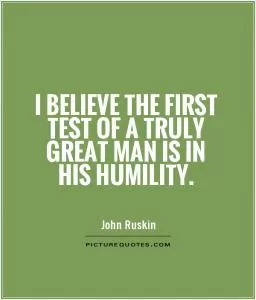
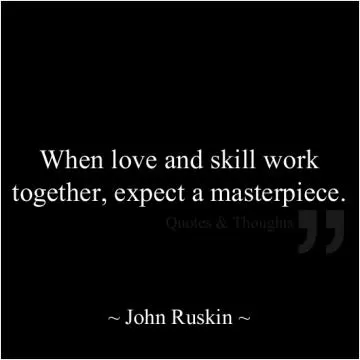
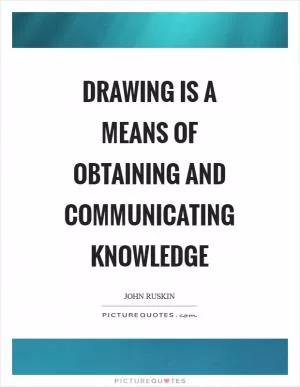

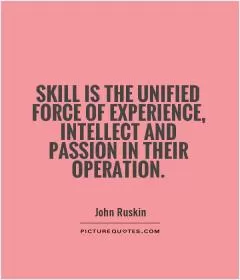
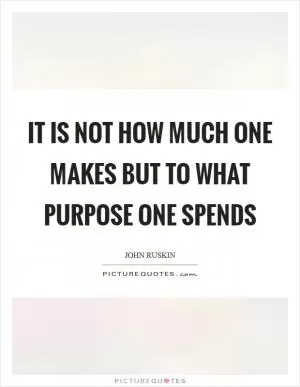
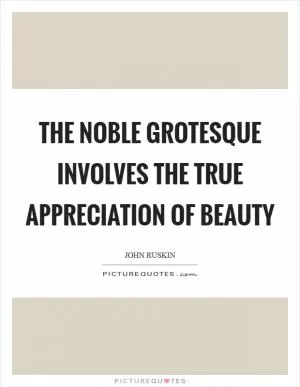

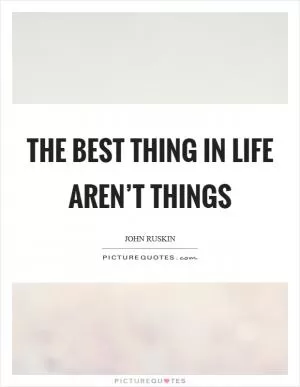

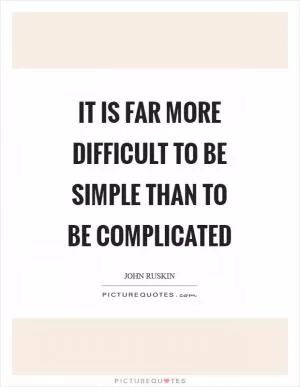
 Friendship Quotes
Friendship Quotes Love Quotes
Love Quotes Life Quotes
Life Quotes Funny Quotes
Funny Quotes Motivational Quotes
Motivational Quotes Inspirational Quotes
Inspirational Quotes